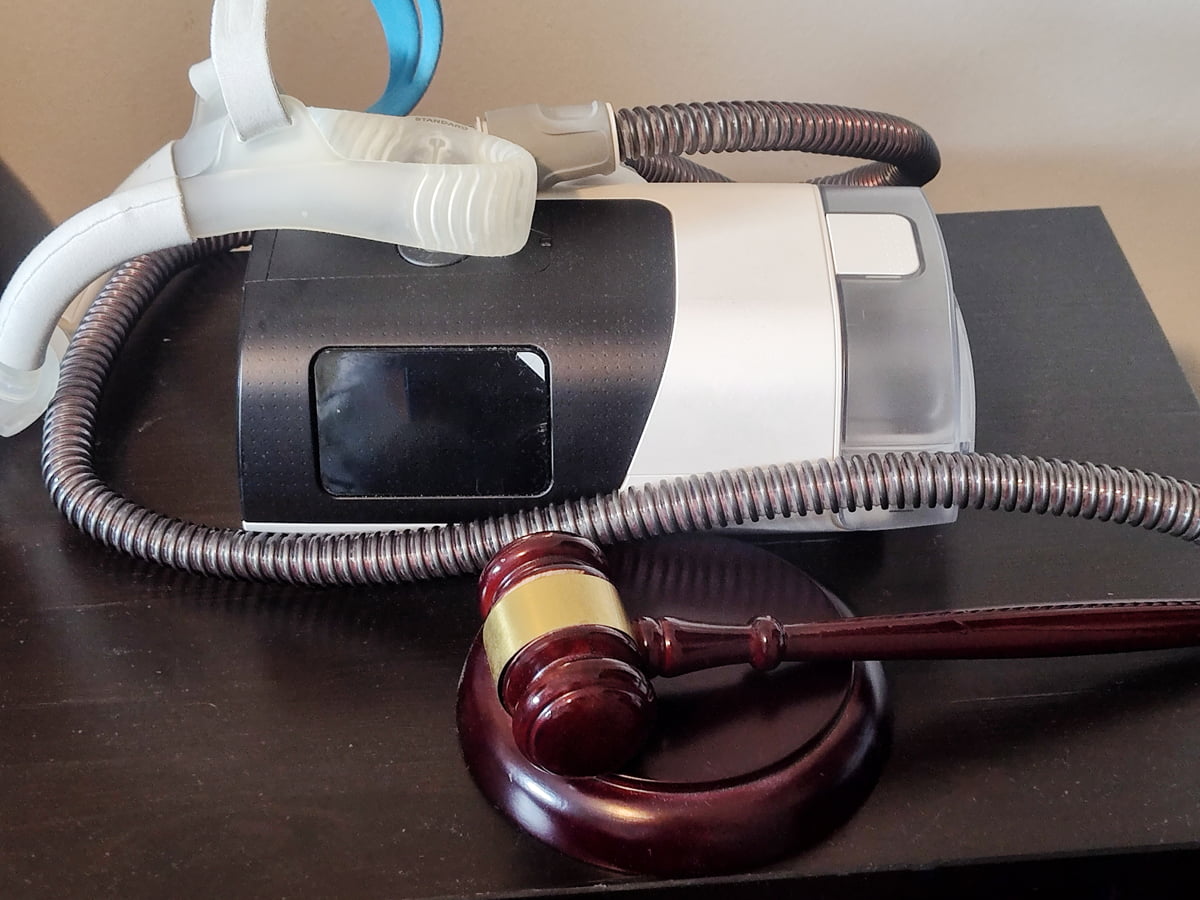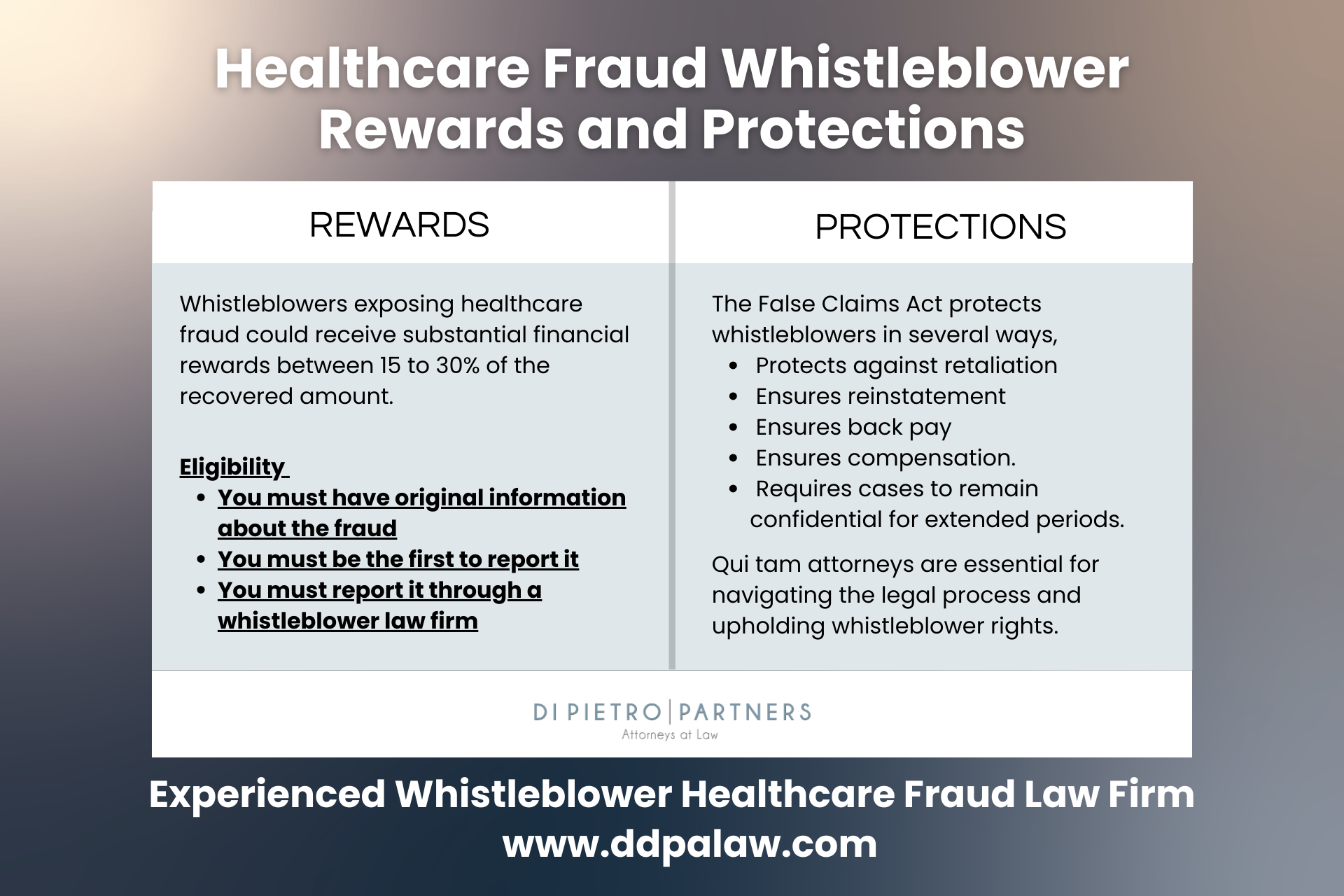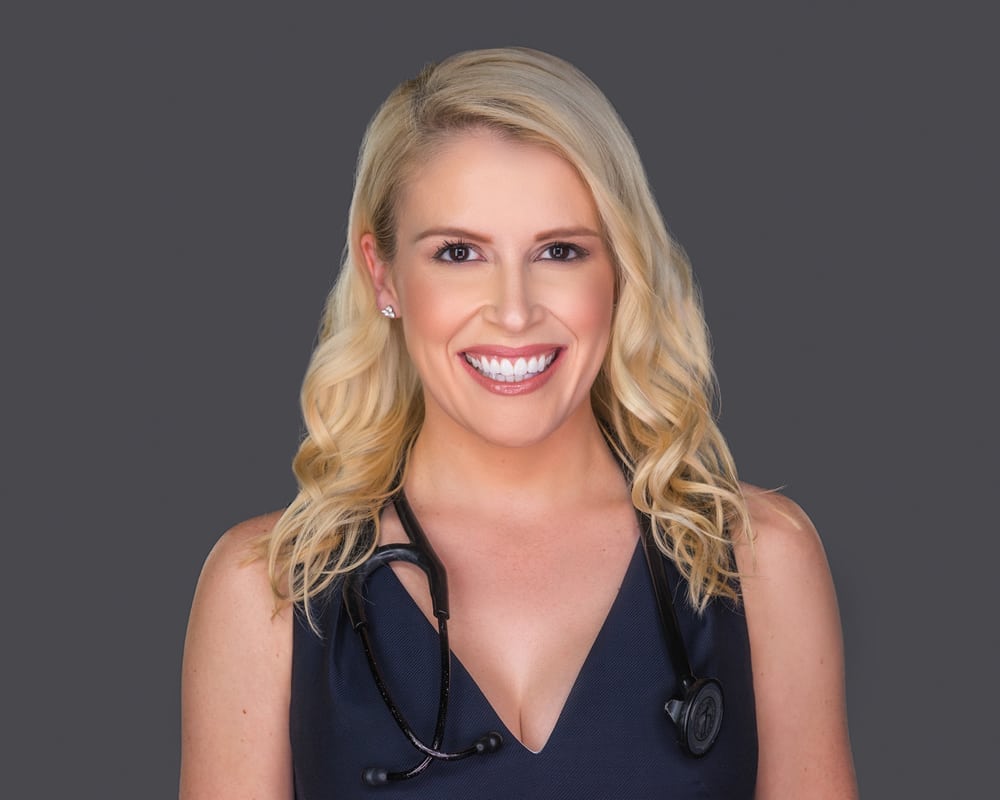CPAP Fraud Attorneys
Fraud involving CPAP machines and supplies is on the rise, with durable medical equipment (DME) providers and healthcare companies billing Medicare, Medicaid, and TRICARE for unnecessary or undelivered equipment. These illegal practices waste taxpayer dollars and compromise patient trust.
At Di Pietro Partners, we represent whistleblowers who come forward to expose CPAP-related fraud under the False Claims Act. Whether you’re a billing specialist, former employee, or concerned medical professional, our attorneys can help you report fraud confidentially and pursue a potential financial reward. We guide clients through every step of the qui tam process ensuring your rights are protected and working to hold fraudulent providers accountable.
What is CPAP Fraud?

CPAP fraud involves the improper or illegal billing of Continuous Positive Airway Pressure (CPAP) machines and related supplies to government healthcare programs such as Medicare, Medicaid, or TRICARE. This type of fraud typically falls under the broader category of durable medical equipment (DME) fraud, which is aggressively pursued under the False Claims Act.
These practices not only waste taxpayer dollars but can also put patients at risk by disrupting care or undermining trust in legitimate providers. Whistleblowers with firsthand knowledge of CPAP fraud may be able to file a qui tam lawsuit and receive a financial reward for helping the government recover fraudulent payments.
Common CPAP Fraud Schemes
CPAP fraud typically involves deceptive billing practices that target Medicare, Medicaid, and other federal healthcare programs. These schemes often originate from durable medical equipment (DME) companies, billing vendors, or associated providers. Some of the most common include:
- Billing for CPAP devices or supplies that were never delivered
Submitting claims for equipment the patient never received, often without their knowledge. - Enrolling patients in auto-refill programs without consent
Automatically sending and billing for replacement supplies without verifying continued medical need or patient approval. - Falsifying patient need or forging prescriptions
Altering medical records or sleep study results to justify unnecessary CPAP devices or ongoing billing. - Kickbacks for CPAP referrals
Offering or receiving illegal payments for patient referrals or prescriptions involving CPAP equipment. - Billing for high-end models instead of the prescribed unit
Submitting claims for premium machines when a basic or lower-cost device was provided. - Duplicate billing for supplies
Charging multiple times for the same masks, hoses, or filters—either by mistake or design. - Using stolen or deceased patient information to submit false claims
Exploiting patient identities to bill government programs fraudulently for CPAP equipment.
These fraudulent actions violate federal law and may trigger liability under the False Claims Act. Whistleblowers who report these practices can play a critical role in stopping abuse and may be eligible for a financial reward.
CPAP Fraud and the False Claims Act

Fraudulent billing for CPAP machines and supplies often violates the False Claims Act (FCA). This federal law allows private individuals to sue on behalf of the government when they uncover fraud involving public funds. Durable medical equipment (DME) suppliers and telehealth providers that submit false claims to Medicare or Medicaid for CPAP devices may be held liable under this statute.
Individuals with inside knowledge of CPAP fraud may file a Qui Tam lawsuit under the FCA. This includes: employees, contractors, or healthcare professionals.
These lawsuits allow whistleblowers to help the government recover funds and hold fraudulent companies accountable. If successful, whistleblowers may receive a reward ranging from 15% to 30% of the amount recovered by the government.
Recent CPAP Fraud Investigations and Settlements
Federal agencies have increasingly targeted CPAP and DME companies for fraudulent billing practices involving Medicare and Medicaid. These enforcement actions highlight the serious legal and financial consequences of CPAP fraud:
Rotech Healthcare Settles for $9.68 Million – In 2019, Rotech Healthcare Inc., a national DME supplier, agreed to pay nearly $10 million to settle allegations that it submitted false claims for portable oxygen and related equipment, including billing for supplies that were not medically necessary or properly documented.
Lincare Inc. Pays $5.25 Million to Resolve False Billing Allegations – In 2017, Lincare, one of the nation’s largest providers of respiratory therapy products, agreed to pay $5.25 million to resolve claims that it improperly billed federal healthcare programs for oxygen and respiratory services that lacked required documentation.
Philips CPAP Recall Prompts Scrutiny – In 2021, Philips Respironics recalled millions of CPAP and BiPAP devices due to health risks linked to sound abatement foam. While not a billing fraud case, the recall drew federal oversight and led to investigations around the company’s compliance, safety reporting, and DME distribution practices.
CPAP Fraud Whistleblower FAQ
Q. How do CPAP suppliers commit medicare fraud?
Fraud occurs when suppliers bill Medicare for services or products that are not medically necessary, not delivered, or misrepresented. Some suppliers also submit duplicate claims, alter documentation, or enroll patients in supply refill programs they never requested. These actions violate Medicare billing rules and can lead to serious legal consequences.
Q. How do you report CPAP fraud as a whistleblower?
To report CPAP fraud, it’s critical to speak with a whistleblower attorney before taking any action. Your attorney will help you gather evidence, maintain confidentiality, and file a sealed qui tam lawsuit under the False Claims Act. This allows the government time to investigate the fraud while protecting your identity.
With legal guidance, you can ensure your claim is properly submitted and your rights are preserved. Whistleblower attorneys also work directly with federal investigators and help you pursue a potential financial reward if the case leads to a government recovery.
Q. Can I be protected from retaliation for reporting CPAP fraud?
Yes. The False Claims Act includes strong anti-retaliation provisions. If you are demoted, harassed, or fired for reporting fraud, you may be entitled to legal remedies such as reinstatement, back pay, and special damages. An experienced whistleblower attorney can help ensure your protections are enforced.
Q. What are some major CPAP supply companies?
Several large DME suppliers and distributors provide CPAP machines and related products. Some have faced government scrutiny for billing practices. Well-known CPAP providers include:
- AdaptHealth
- Aeroflow Healthcare
- Apria Healthcare
- Lincare
- Philips Respironics (equipment manufacturer and distributor)
- ResMed (also a manufacturer and service provider)
- Rotech Healthcare
Q. What are some popular CPAP brands and models?
CPAP machines are manufactured by a few leading companies. Common brands and models include:
- DeVilbiss IntelliPAP
- Fisher & Paykel ICON or SleepStyle machines
- Philips DreamStation Series
- Philips REMstar Series
- ResMed AirSense 10
- ResMed AirSense 11
- Z2 Auto Travel CPAP (by Breas)
These devices vary in features, and upcoding often occurs when suppliers bill for high-end models instead of the more basic units provided.
Contact a CPAP Fraud Attorney
If you’ve witnessed CPAP-related fraud you may have the right to take legal action and receive a financial reward. At Di Pietro Partners, we represent whistleblowers who come forward to expose fraud against Medicare, Medicaid, and other government healthcare programs.
Our healthcare whistleblower attorneys offer confidential consultations to help you understand your rights, evaluate your claim, and determine if you may qualify for compensation under the False Claims Act. By stepping forward, you protect taxpayer funds, promote accountability in the healthcare system, and may be entitled to a whistleblower reward of 15 to 30 percent of any government recovery.
Contact us today to speak with a CPAP fraud attorney and take the first step toward justice.

